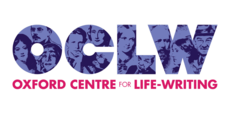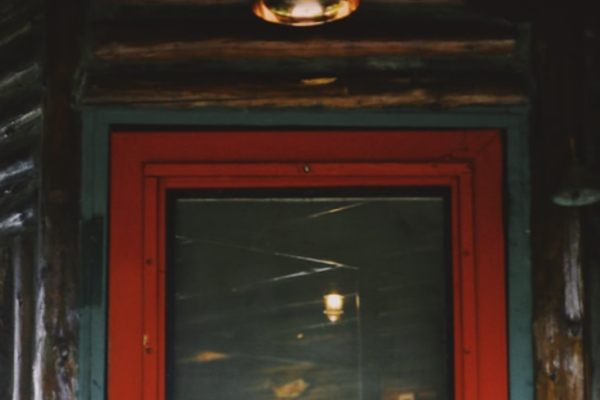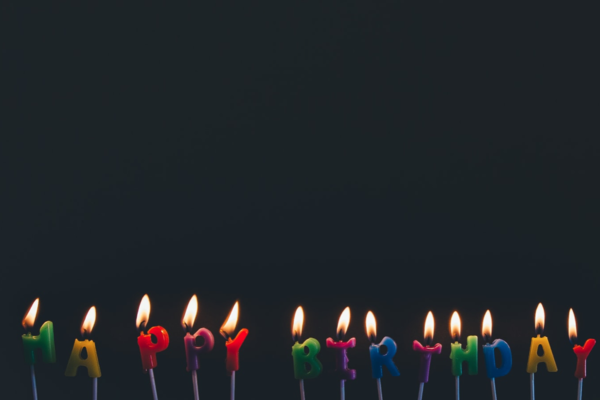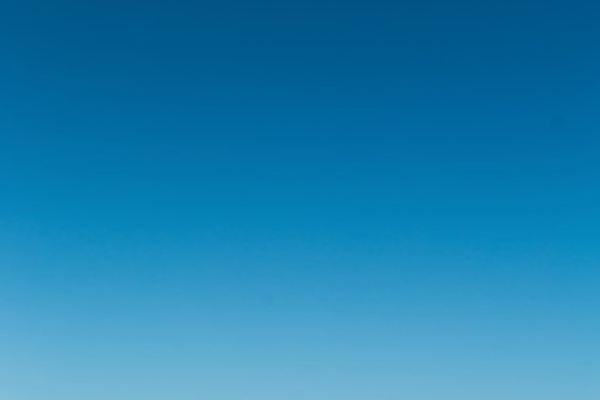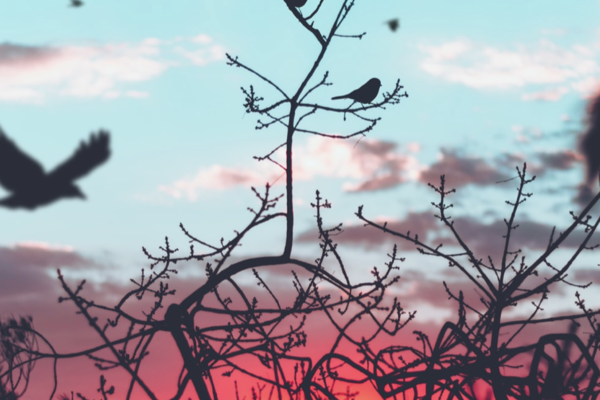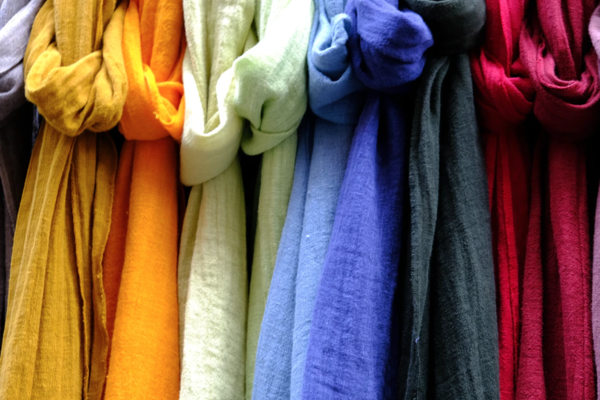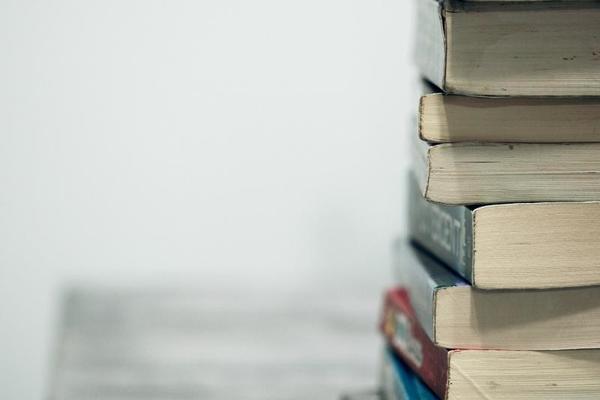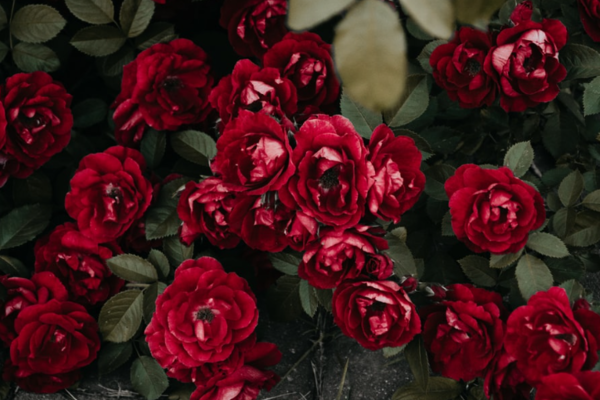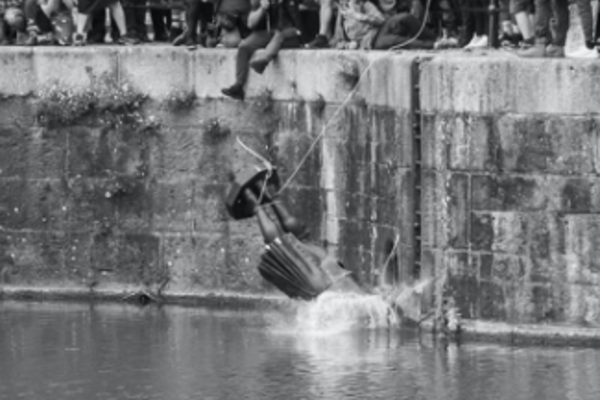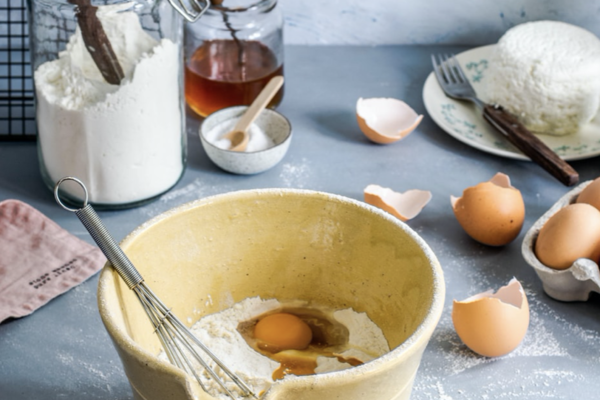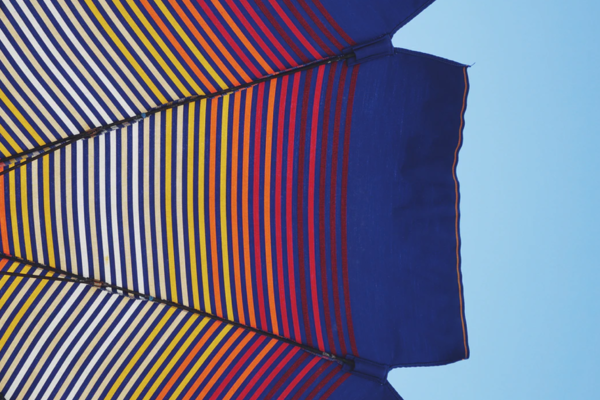Diary entry, unedited, from 12 May 2020
The physical object, the book, was falling to pieces as I read it, indeed the last few pages fell off, and it was like reading a leaflet in the wind.
12 May 2020
Here I am in my very sunny Bridport bedroom, It’s 7:24 am, and I’ll be cycling to Leaker’s shortly to buy bread. The journey last night from Brighton was uneventful (except for two signed and threatened road closures ahead neither of which transpired). I followed the setting sun west, arriving on the outskirts of Bridport just as the fireball was coming to rest, seemingly on the town. The roads were deserted, as last time, and despite the long 50 mph section on the M27 I made trip in two hours and twenty minutes. The house is in fine order, there is a fine layer of dust, but not much considering I’ve been away five weeks, and Hat, who keeps it clean, hasn’t been here for, what, it must be nine weeks. The garden, though, is overgrown, and needs attention.
Yes, it’s been five weeks since I was here (and then just for a day). It’s when I picked up four novels. I’ve started two of them - ‘The Plague’ and ‘Our Mutual Friend’ - and nearly finished the Camus novel. It seems the narrator has increasingly personified the plague, here he is at the start of Part Five, the last, with the plague suddenly in retreat. : ‘Though this sudden setback of the plague was as welcome as it was unlooked for, our townsfolk were in no hurry to jubilate. While intensifying their desire to be set free, the terrible months they had lived through had taught them prudence, and they had come to count less and less on a speedy end of the epidemic. All the same, this new development was the talk of the town, and people began to nurse hopes none the less heartfelt for being unavowed. All else took a back place; that daily there were new victims counted for little beside that staggering fact: the weekly total showed a decrease. One of the signs that a return to the golden age of health was secretly awaited was that our fellow citizens, careful though they were not to voice their hope, now began to talk - in, it is true, a carefully detached tone - of the new order of life that would set in after the plague. All agreed that the amenities of the past couldn’t be restored at once; destruction is an easier, speedier process than reconstruction. However, it was thought that a slight improvement in the food-supply could safely be counted on, and this would relieve what was just now the acutest worry of every household. But in reality behind these mild aspirations lurked wild, extravagant hopes, and often one of us, becoming aware of this, would hastily add that, even on the rosiest view, you couldn’t expect the plague to stop from one day to another.’
It is interesting how little I’ve been reading. It’s probably a function of the fact that I haven’d had any engaging thrillers or crimmies, and much as I admire the classics, Camus and Dickens, I’m unlikely to binge read them, like I have tended to in the past.
Later
I’ve finally finished ‘The Plague’. I read a few last pages sitting in the Eype churchyard, on a bench in the sun, and the final pages on a bench along the harbour wall in West Bay. The physical object, the book, was falling to pieces as I read it, indeed the last few pages fell off, and it was like reading a leaflet in the wind. Camus kept the identity of his narrator secret to the end, but it was the doctor that done it, done the narrating, and it was the doctor whose POV we followed most of the way through the plague year events. The doctor’s friend Tarrou dies just as the plague is dying out, whole Cottard goes mad, unable to cope with a return to normality. There are parts of the book that reminded me of Lawrence Durrell, though Camus was writing in the 1940s, and Durrell not till the late 1950s. Nevertheless, I wondered if one literature from the post-war world in the 50s and 60s could be seen to reflect an existential streak in our culture, which then gave way in the 80s and 90s to materialism. I mean Camus’s language, as translated into English, seems to be rich in existential concerns - each of the characters in the story goes through their own crises of conscience or spiritualism: Tarrou wants to become a saint, while Cottard is enjoying the benefits of being a smuggler in lock down, but at the same time his soul is being eaten away by the racketeering.
Oh, I’ve just looked the book up in Wikipedia and read that ‘The Plague’ is considered an existentialist classic (despite Camus’ objection to the label). There you go.
I mowed two lawns this morning before biking to Eype. It was glorious there. The sun shining on a nearly empty beach, the golden sands and blue waters, the green hills beyond reaching up to Thorncombe Beacon. I trekked along the pebbles/sand (remarkably the beach seems to have changed again, back to mostly pebbles with some sand) to find peace a bit further than I would have liked as two women were swimming, and they’d left their stuff on the stones quite a way down. So I had to go well past them. I started my exercises, but kept dipping a foot into the water. I was desperate to get in - I still haven’t done so this year - especially with people in the sparkling water tempting me. As I neared the end of my exercises, I noticed the women had gone, and there was no one else in sight east or west. So I stripped off, and tried to get in. I managed up to my waist (i.e. my feet had acclimatised, just), but I couldn’t bear the cold in my hands. If I’d had my wet suit gloves with me, I’d have been in in in.
I finished my exercises in the nude, and then dressed before walking very slowly back along the beach. I was quite reluctant to leave, it was so warm, and peaceful and pretty. I walked most of the way up the hill, stopping to read at the church. At home, I mowed the final lawn.
I was weeding this afternoon. I never really make progress, all I do us keep the Day of the Triffids from arriving in the immediate future. The rhododendron is in full and luminescent purple bloom. All the wygelias are flowering, and the Paul’s Scarlet hawthorn is starting to flower. I netted out of the pond lots of weed, but several newts too which I put back. But I also saw frogs, sizeable frogs in there.
It’s light and fresh here. it feels so wrong that we’re spending weeks and months in lockdown in Brighton, when we would be doing no harm at all by spending some periods of time here.
Rather than having a run, which was on my schedule, I cycled over to West Bay. Although there were a few cars here and there, it was pretty quiet. Two families on the beach, a few dog walkers in the distance. Most of the car parks are gated and closed. A mobile covid-19 testing centre was in operation in the car boot car park. A couple of soldiers manning a series of desks under mini-marquees, and an ambulance van nearby. But I saw no one no queues or bustle of people busting at the desks to get tested, no one at all.
Groves opens up tomorrow. If I’d been here, I’d probably have cycled over to see the crowds social distancing there way round the vast shop, indoors and outdoors. But actually, I don’t need anything, as I’ve been trying to grow everything from seed this year.
Anon.

